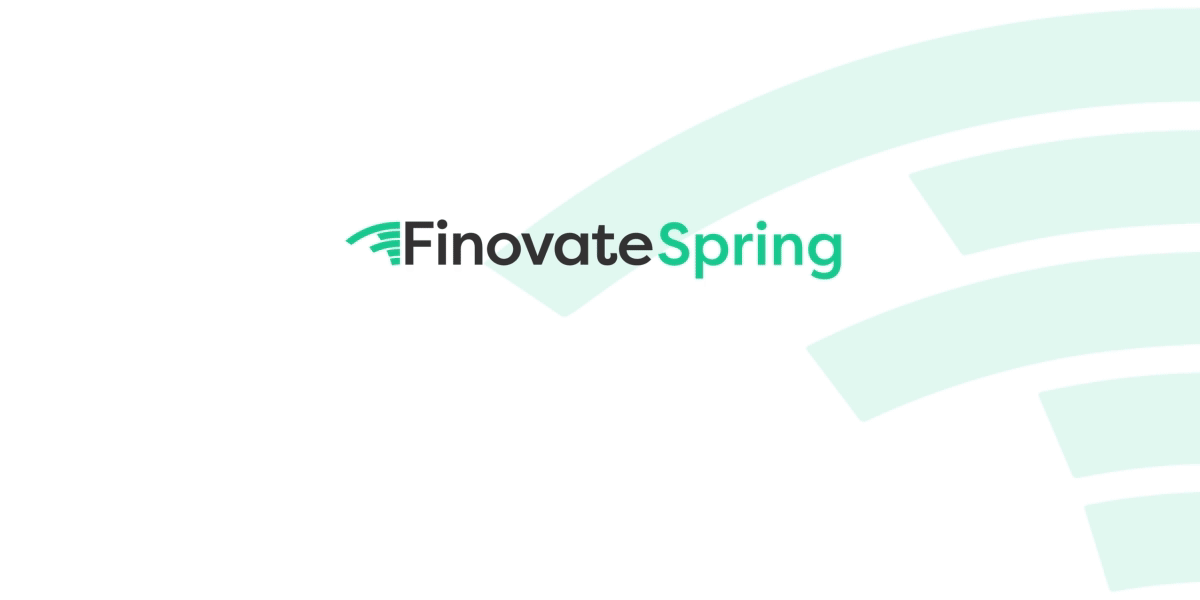
- BehavioralQuant, a company that puts behavioral analytics to work helping individuals make better investment decisions, announced a strategic partnership with Quantlake.
- The partnership combines BehavioralQuant’s Advisory analytics with Quantlake’s personalized ETF portfolios.
- Headquartered in Austria, BehaviorQuant made its Finovate debut at FinovateEurope 2023.
A newly announced strategic partnership between BehaviorQuant and Quantlake is designed to bridge the gap between research and investor expectations. The partnership integrates BehaviorQuant’s Advisory analytics into Quantlake’s platform to give individual investors the ability to leverage behavioral intelligence to enhance their investing decisions.
“This collaboration marks the first time that personalized ETF portfolios are generated based on each investor’s actual behavioral risk profile—not just financial data or standard risk scoring,” BehaviorQuant COO and Co-Founder Gerlinde Berghofer wrote on the company’s website. “By embedding BehaviorQuant’s analytics into the Quantlake platform, this partnership introduces a new level of personalization and intelligence into the investment journey.”
BehaviorQuant’s Advisory solution leverages the fact that behavior plays a major role in investment decision-making and success. The technology incorporates how investors think, feel, and act under uncertainty. This allows for investment recommendations that are psychologically aligned with and financially sound for the investor. Once investors complete a short BehaviorQuant assessment, they receive personalized portfolio recommendations that are based on their behavioral risk profile and their financial status.
The partnership will give investors access to scientifically-validated risk profiles, leveraging the same behavioral finance tools used by financial institutions on Wall Street. Investors will also benefit from personalized portfolio selection. The integration between BehaviorQuant and Quantlake will connect investor behavioral assessments with systematic ETF model portfolios to limit emotional decision-making while at the same time ensuring investors remain within their risk preferences. This combination, both firms assert, will help investors remain committed to their investment plans during times of market volatility when the temptation to make emotionally based investing decisions is greatest.
“For too long, research providers have delivered investment insights without considering how they’ll be interpreted and used by actual investors,” Quantlake CEO Romain Gandon said. “This partnership fundamentally changes that approach by starting with the investor’s behavioral profile and connecting the investment strategy with it. We’re not just offering research—we’re creating a complete solution that works with, rather than against, natural human psychology.”
Quantlake helps retail investors access professional-grade, systematic strategies for long-term investing. The platform emphasizes data-driven approaches that enable investors to overcome emotional biases. Quantlake simplifies ETF selection and provides cost-effective investment solutions that make investing in the financial markets more accessible for individual investors.
Headquartered in Austria and founded in 2018, BehaviorQuant made its Finovate debut at FinovateEurope 2023. At the event, the company demonstrated how its technology brings behavioral science and machine learning to bear in improving investment decision-making. Check out my Finovate Global interview with BehaviorQuant CEO Thomas Oberlechner in which he discusses how his company’s technology also has helped financial institutions learn more about the financial advisors who guide their investment decisions.

















